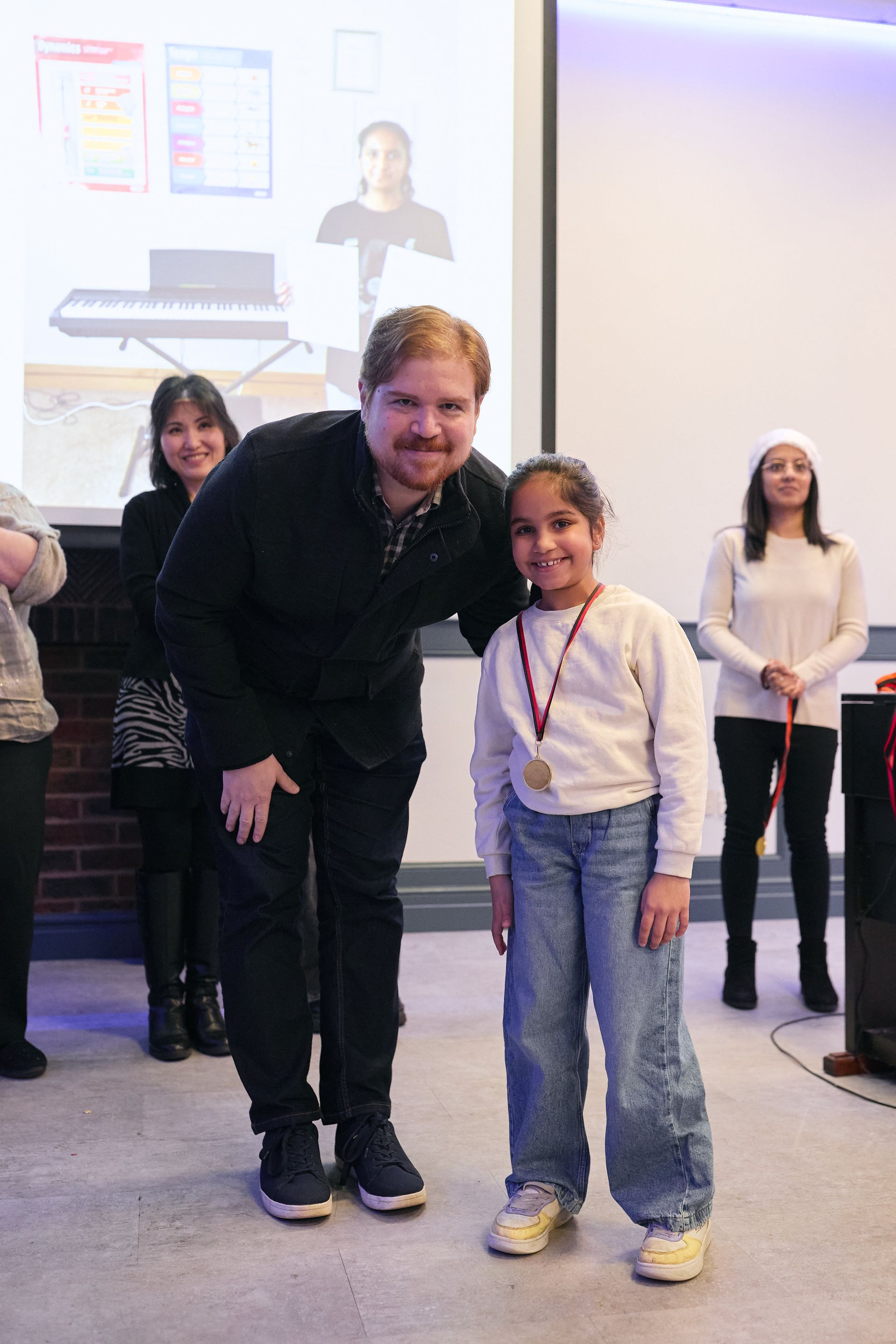Improvisation for Piano Students
The Current Piano Teaching Industry
How many traditional piano students today can sit down and feel confident about creating their own piece of music? How many traditional piano students today can sit down and fell confident about playing a song they love without sheet music? Today there are very few students who have built in the core musical skills which creates a truly fulfilled, confident and accomplished piano player.
Our role as piano teachers and students for the future generation is to create students who are able to understand patterns through using their five senses.
We’ve mentioned how frustrating this may be particular for those who have been trained purely to read sheet music, however it can be hugely rewarding to sit down at your piano and be able to play a song you love. All of these areas are connected to patterns which we can learn and evolve to both learn songs we are familiar with and create our own pieces of music.
How Piano Students Can Start Improvising
- Start by learning a Major Scale such as C Major, G Major or F Major and find a song which derives from this scale. This limits your options on which keys you can play.
- For those who are familiar with all of the Major and Minor Scales there is a pattern to connect them together. Chord One (Major), Four (Major), Five (Major) and Six (Minor) can compliment a piece within the tonic or root of this scale.
- For those who know a particular genre of music or composer well, think about which patterns, keys and melodies they use often and then try to use these patterns yourself.
- Try a song you know well.
- Listen to the song you wish to learn regularly, ideally on the same instrument.
Remember that when you are trying out these hacks to look at them little and often but also be patient with yourself. If you wish to know more about these hacks and resources, feel free to take a look around our website or connect with us directly!



